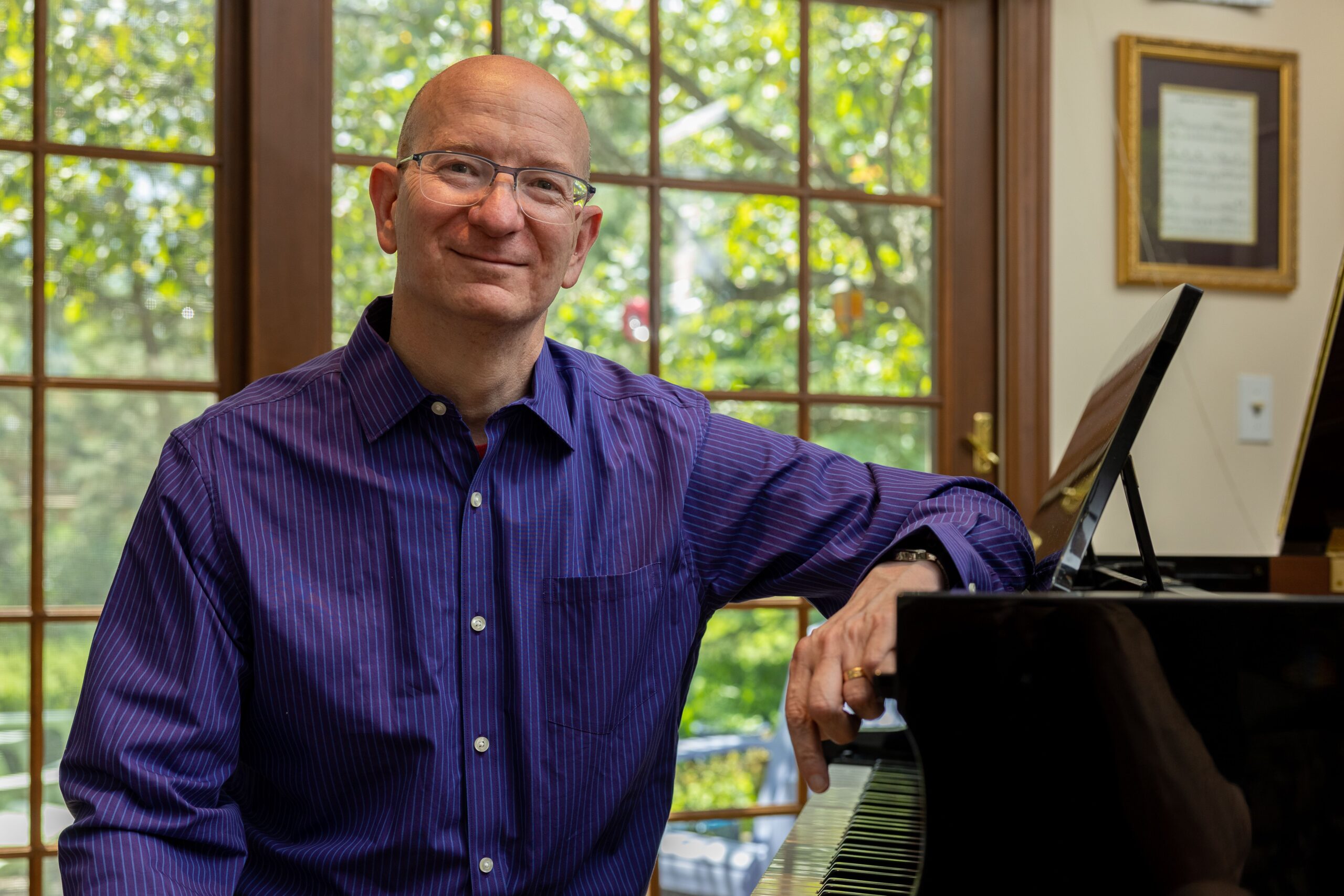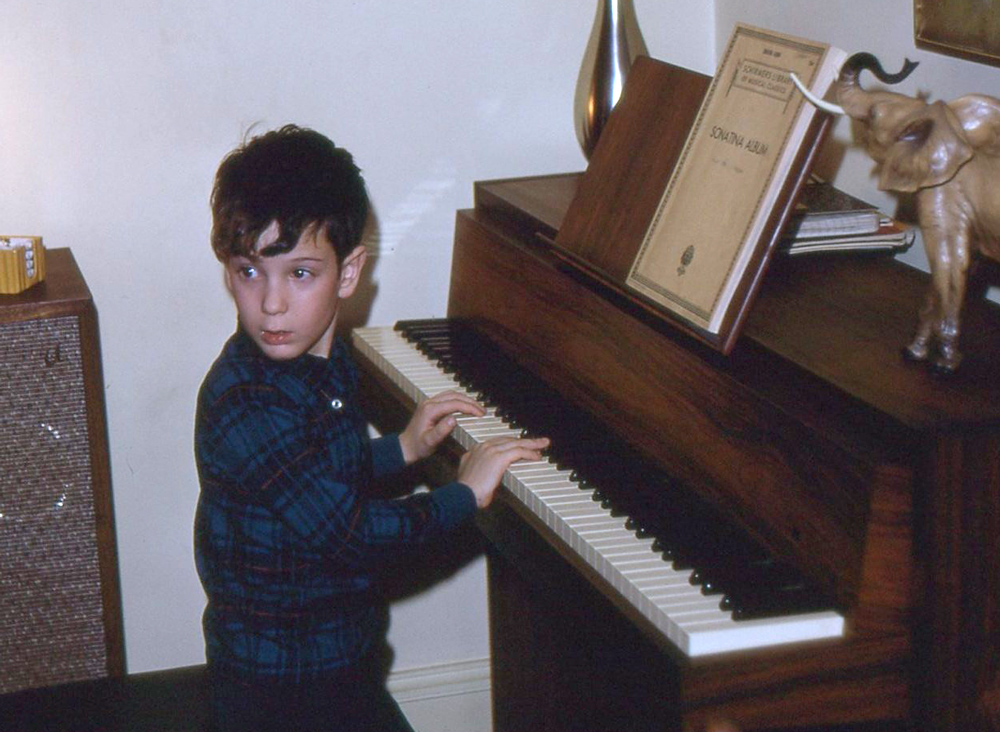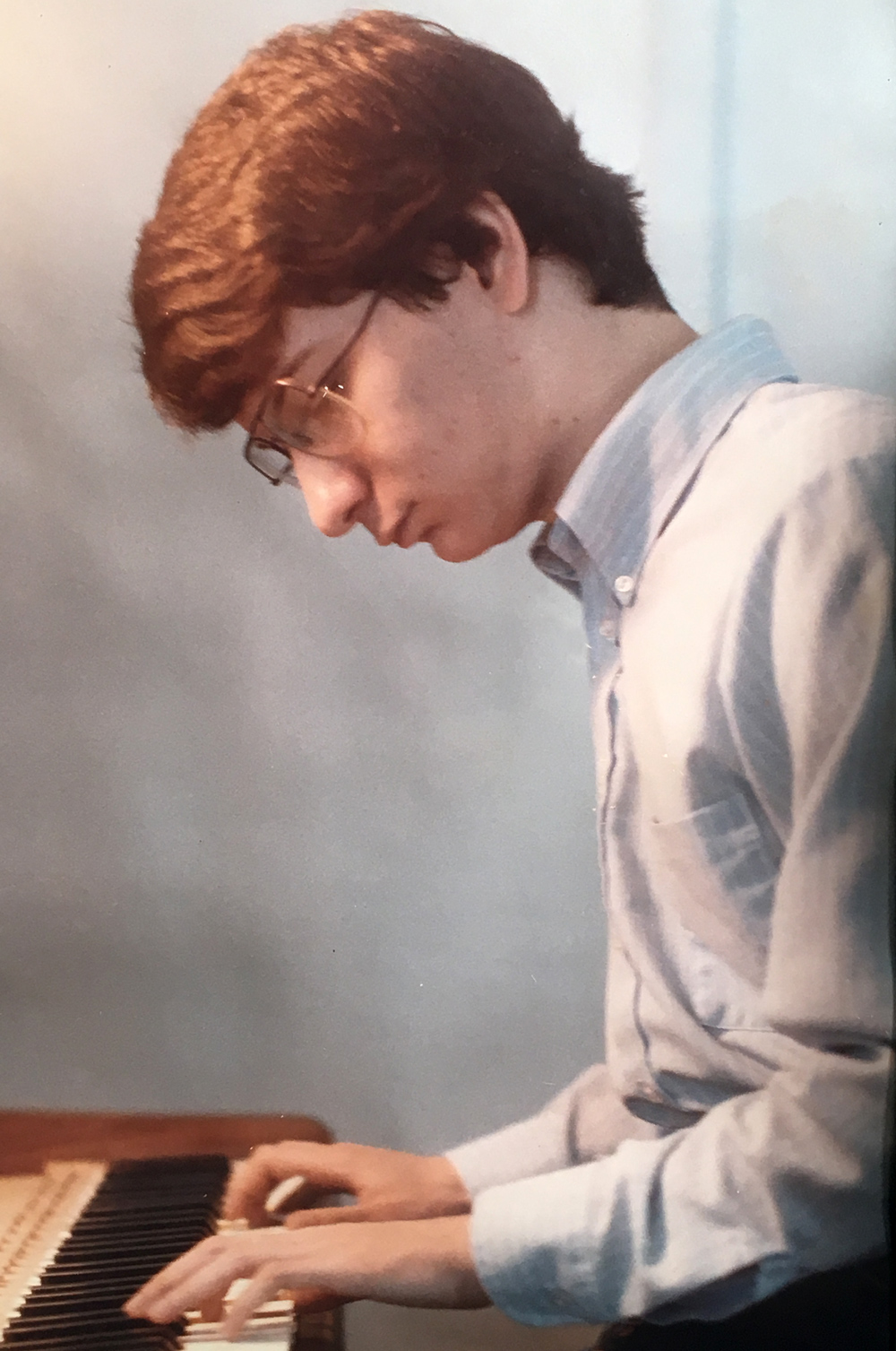
Media
I am a primary care physician and an Associate Professor of Internal Medicine at the University of Michigan Medical School, where I’m actively involved in medical student and resident physician teaching and see patients in both the outpatient and hospital settings. I live in Plymouth, Michigan with my lovely wife, Karen, with whom I have three adult children. In my free time, in addition to spending time with my growing family, I enjoy reading, college football, writing poetry, eating Doritos, using Oxford commas, and playing the piano.
I started on the piano at the age of five and began composing when I was in the first grade at Whiteford Elementary School in Sylvania, Ohio. That first composition, entitled “Let’s Go to the Bakery” by my classmates, somehow failed to defeat “Bridge Over Troubled Water” and “Let it Be” for the 1970 Grammy Award. My first-grade teacher was so overwhelmed by my pianistic precocity (and my academic performance) that she told my parents that “Paul will never amount to anything and if he were my son, I would go home and cry.”
Buoyed by her charitable assessment, I went on to take piano lessons for the next several years and discovered that I was lucky enough to have a facility for playing by ear, improvising, and composing. Unfortunately, though I played a lot, I practiced only a little, which meant that I never developed much skill at sight-reading or transcribing my compositions. Though this liability prevented me from being in demand at the great concert halls of Europe and America, I did go on to perform in shows at Northview High School, Harvard University, and the University of Michigan Medical School. During those years, I also composed pieces for friends’ weddings and other special occasions and got to appear on WBZ-TV in Boston. (That last one is less impressive than it may seem. The show was essentially an FCC public service obligation and it aired at 4:00 AM.)
In 2005, I decided to correct one of my long-standing musical deficiencies and finally taught myself how to write out my compositions. This led to a compilation of these transcriptions (Fine Tuning) and eventually to a music CD of performances of these same pieces on which I was joined by (better) pianist Korin Hancherlian-Amos. We went on to perform selections from the album at the University of Michigan Hospital as part of the Gifts of Art program.
The wonderfully kind response to the Fine Tuning CD led me to a compositional renaissance. Since that time, I have released twelve albums of original music for piano (and sometimes for voice or other instruments) and also the three volumes of Conversation Pieces, which are compilations of my favorites. (Obviously, I can’t call them “greatest hits” albums when I haven’t had even a single hit.) Many of these compositions were composed with particular people in mind: to celebrate a birth, engagement or wedding; offer comfort to someone facing an illness; console someone grieving the loss of a loved one, etc. But some were just fun projects that I would toss on a weekend’s to-do list: 1. Pay the bills, 2. Mow the lawn, 3. Compose a ragtime piece in D Major, 4. Run on the treadmill, 5. Eat Doritos.
Let me be clear: I make no claim to exceptional pianistic prowess and I certainly know that nobody would suggest that I give up my job to pursue a professional career in music. But this “hobby” was a fundamental part of my self-identity well before I became a doctor and it has been a creative outlet, a stress reliever, and an effective way to send meaningful messages to people at important times in their lives. It has also led to wonderful opportunities for me to perform publicly at places like the Kerrytown Concert House in Ann Arbor and Lourdes University in Sylvania. I am most grateful for the profound impact music has had in my life and for the sometimes unexpected ways in which my compositions have helped me forge closer bonds to family, friends, and patients. And I am equally grateful to the many generous people who have encouraged me, despite my limitations, to think of myself as a musician.

“I am most grateful for the profound impact music has had in my life and for the sometimes unexpected ways in which my compositions have helped me forge closer bonds to family, friends, and patients.”

